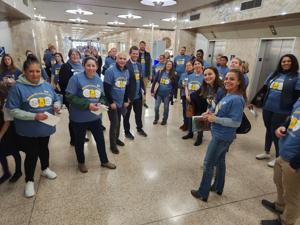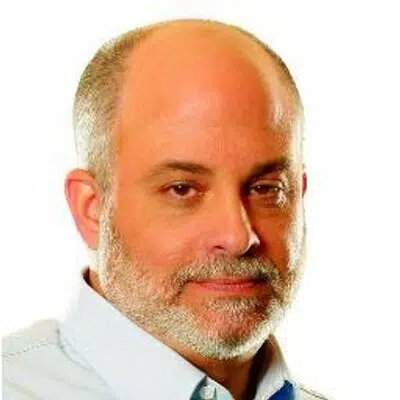(The Center Square) – While Illinois’ only school choice program remains in limbo, an expert on the subject is debunking school choice misconceptions.
The Invest in Kids school scholarship program is set to expire at the end of the year unless lawmakers extend the program during the fall veto session.
The Chicago Teachers Union has repeatedly claimed that the privately-funded scholarship program for low-income families diverts funds from public schools. Nathan Cuneen from the American Federation for Children said that’s simply not true.
“I don’t see how you could say that it is taking money from anybody, especially because this is funded through a tax credit mechanism and it doesn’t touch school budgets at all,” said Cuneen to The Center Square.
School choice opponents have pointed to attendance-based grants from the federal government shrinking when parents choose to use an opportunity like the Invest in Kids program to pull their child out of a public school.
Cuneen notes that since Illinois’ school choice program began, the public school system has been funded an additional $2 billion to account for changes that will allow them to keep up with the movement and improve their educational experience. And even with all of the additional revenue, he says, Illinois public schools continue to fail.
It was recently exposed that Chicago Teachers Union President Stacy Davis Gates, who has openly fought against the state’s school choice program, sends her child to a private school. Cuneen said Gates has even made statements about sending her children to private schools based on the fact that public schools are failing, and that other lawmakers, like Illinois House Speaker Emanuel “Chris” Welch, D-Hillside, and Senate President Don Harman, D-Oak Park, send their kids to private schools.
“I just think it’s ridiculous and absolutely hypocritical that they would make those choices for their families and then actively work to deny that same opportunity to other less fortunate kids,” said Cuneen.
If not renewed, Illinois would be the first state in the country to entirely eliminate an existing school choice program.
Legislators return for six days of fall session beginning Oct. 24.







